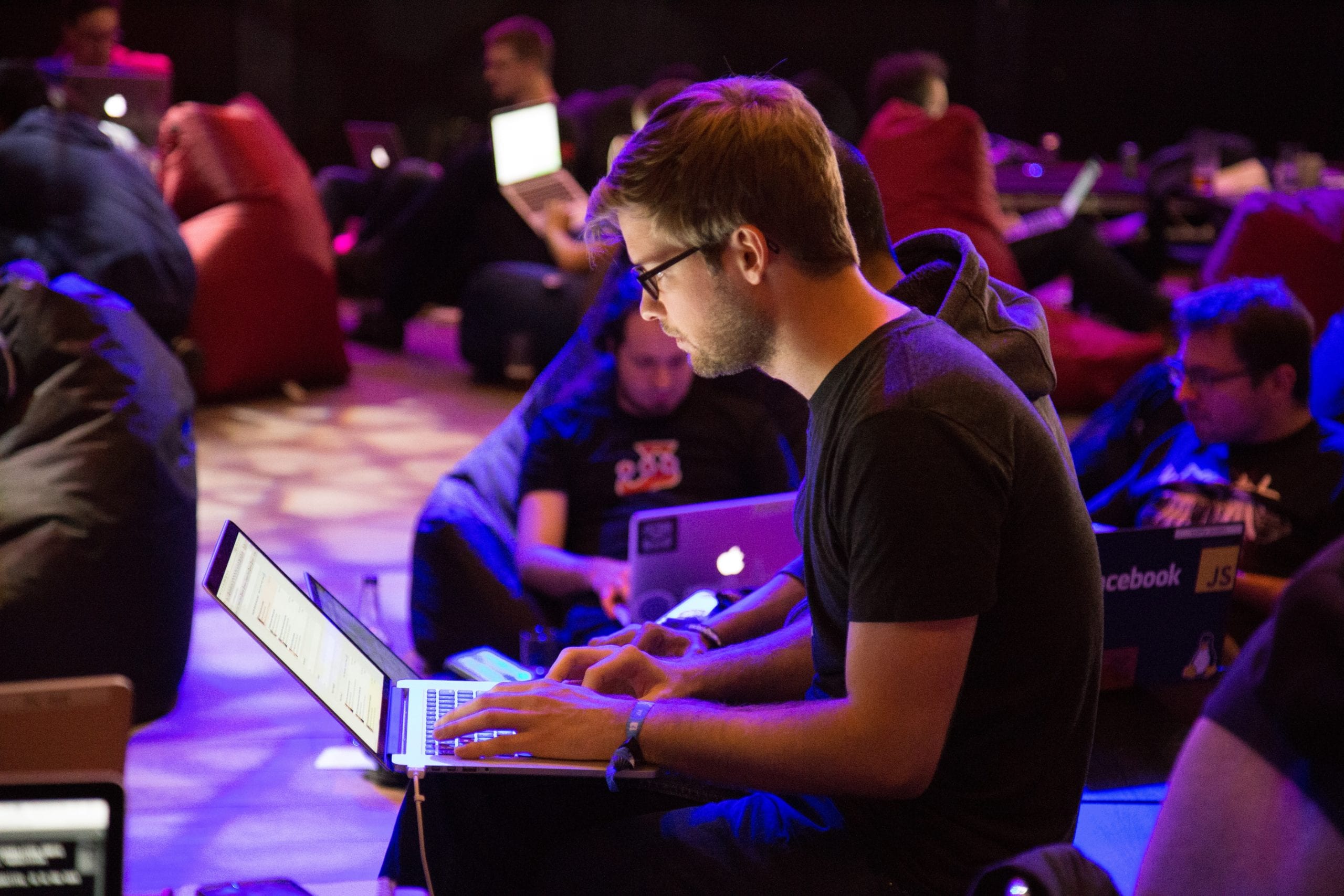Simplifying HR: Embrace Human-First Approach
HR professionals are navigating more complexity than ever. That was true even before COVID and it’s especially true now.
The problem is, complexity often encourages us to impose control; to enforce order; to wrangle sense into chaos. That’s human nature, right?
But with people management, that’s actively counterintuitive. It’s reductive and non-inclusive.
Instead, we need to focus more resolutely than ever on human-first HR.

HR is getting more and more complex
Not too long ago, Josh Bersin spoke about HR’s ever-increasing complexity (at our quarterly EDGE event). He pointed out:
“Everything in HR used to be ‘copy it from the book’. That’s the way GE does it, so why don’t we do that? Well, that doesn’t work anymore.
HR have been forced to become much more expert consultants. We’re being asked not just to have deep domain expertise in one area, but deep domain expertise in many areas.”
Dave Ulrich reports the same trend in his book, Victory Through Organization, which explores 30 years of research into HR’s evolution. (He also wrote a great summary article promoting the book, here).
Analyzing seven rounds of a comprehensive 90,000-participant study into evolving HR competencies, Ulrich found HR professionals have had to develop expertise across 3x more areas in 2016 compared to 1987.
In 1987, HR professionals were only assessed against three main competencies: business knowledge, HR delivery and change management. In 2016, that leapt to nine:
- Strategic Positioner
- Credible Activist
- Paradox Navigator
- Culture and Change Champion
- Human Capital Curator
- Analytics Designer and Interpreter
- Total Rewards Steward
- Technology and Social Media Integrator
- Compliance Manager
Josh Bersin and Dave Ulrich concur – businesses have become more complex.
The people who power them are working together in new ways, with new priorities, using new tools and technologies. Those people bring new expectations. Expose new risks and liabilities. The commercial environment has become more complex; more pressured too.
And COVID-19 has only exacerbated things.
HR professionals – in pursuit of a more productive, motivated and engaged workforce that’s a true competitive asset – are navigating an exceptionally complex world.
And there’s the problem.
Because all this complexity can lead to a tendency to impose control in order to simplify. And that almost always means being reductive and homogenizing difference.

One-size-fits-all fits no one
As Harvard Business Review recently put it:
“Many HR teams aim to resolve issues by developing new policies and procedures. Unfortunately […] those same policies are rarely revisited, ultimately leading to additional problems – especially now, when the landscape is changing so fast. A ‘one-size-fits-all’ approach won’t allow for the kind of individual thinking and creativity that result in the most innovative solutions“.
That is, we develop new policies and procedures designed to wrangle complexity into a manageable shape – but then they languish behind the scenes, not solving the initial problems at all. And worse, making HR’s lives even more complicated than before.
HR Zone touch on the same, talking about HR’s movement towards standardization:
“HR’s attempt to deal with complexity through standardization has ironically led to more complexity. Instead of providing an employee experience that was sensitive to human needs the standardization of processes to one-size-fits-all and attempts to provide consistency created multiple processes and made them complex.”
The point is, one-size-fits-all actually fits no one.
The Pioneers – the cultural engineers – sum this up brilliantly in their most recent playbook. They talk about the traditional HR mindset being static, top-down and treating people as a resource – “turn[ing] people into abstract interchangeable units by ignoring all the vitality, unpredictability and variability that makes life special”.
Ultimately so HR can “pretend they can use ‘best practice’ to predict and control how people will behave.”
So – what’s the alternative? How can HR professionals handle increasing complexity without trying to predict, control, standardize, reduce?
What’s needed are HR processes and systems that can accommodate complexity. Or, as The Pioneers say in their playbook, a mindset that’s agile, personal, flexible and treats people as people.
Read more: The only way forward is putting people first
That’s how HR can develop what Harvard Business Review call “a complexity mindset, [which] starts by accepting that complexity exists and needs to be accounted for differently”.

You work for your people; they don’t work for you
When HR professionals embrace a complexity mindset, HR decisions are characterized by non-reductive, expansive thinking that prioritizes your people’s needs; not HR’s.
The Pioneers put it wonderfully: “Your system should work for your people; your people don’t work for the system”.
(Their playbook’s well worth reading for growing businesses. They focus on the people complexity that exponentially grows as start-up teams scale, and introduce a tool for managing that growth effectively).
That’s things like…
- Embracing policies that accommodate different needs, like flexible hours;
- Trusting employees to work productively from wherever suits them;
- Developing personalized promotion and learning trajectories;
- Building personalized onboarding journeys for different employees;
- Encouraging lateral movement – so employees can mold their own career;
- Tailoring management styles to each employee, to get the most from them;
- Empowering employees to set their own goals and paths to realise them;
- Seeking feedback from employees before making decisions that impact them;
- Embedding robust ED&I processes to encourage, not homogenize diversity;
- Delivering personal experiences around crucial moments– like parental leave.
Read more: Moments that matter – a new approach to employee experience design
You can see how this idea – of accommodating complexity through personal, agile, empathetic and flexible HR – can apply across all your people processes. And ultimately, how those processes then ladder up to create a genuinely people-first culture where your people can flourish.
HR has become – and is becoming – increasingly complex. The traditional approach of wedging complexity into one-size-fits-all processes and systems isn’t only ineffective; it’s actively counterproductive.
To navigate successfully – and achieve the people outcomes that drive commercial success – HR professionals must take an approach that focuses on the ‘human’ not the ‘resource’.
Human-first HR is a core philosophy at Enboarder. We’re on a mission to empower every organization to put experience first, designing empathetic and personal employee journeys that drive engagement, boost loyalty and take productivity to new heights.